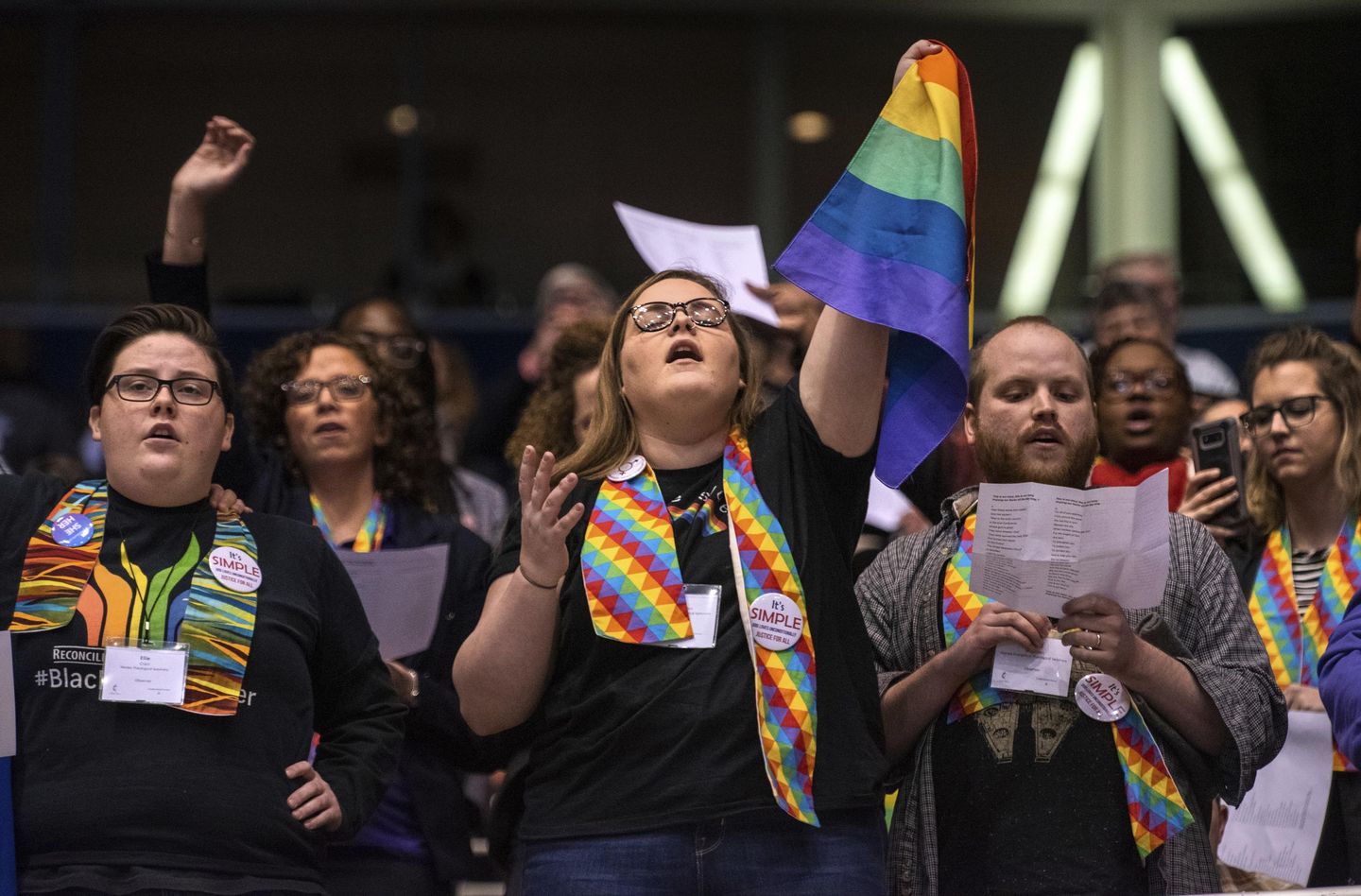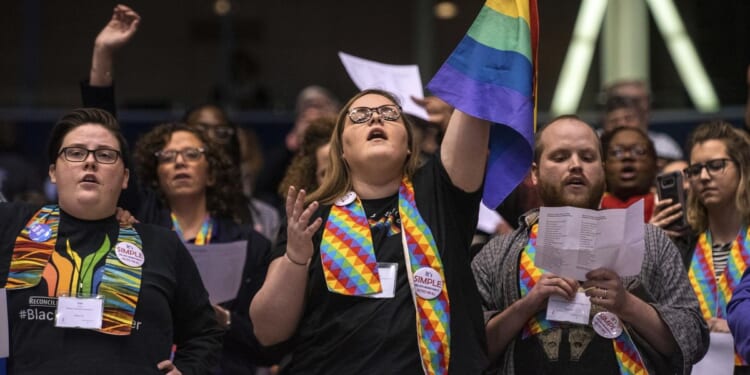
The United Methodist Church is weighing an upcoming three-year $346.7 million budget, a 43% drop from the last triennial spending plan of $603.1 million, according to a report by UM News, the church’s official news service.
The proposed cuts stem from the exit of 7,673 of congregations from America’s second-largest Protestant denomination, of which nearly 97%, or 7,432, departed in 2022-2023.
Most of the congregations left in a dispute over how the church should handle the role of LGBTQ+ individuals, including the questions of same-sex marriage and ordination to the ministry, with those leaving wishing to maintain historic biblical views on these issues. A large number have joined the Global Methodist Church, which brands itself as a more traditional Methodist body.
Another 675 congregations were either discontinued, abandoned, merged or closed over financial reasons in the same two-year period, the UMC said.
All ministries in America’s second-largest Protestant denomination — which had roughly 10 million members in 2022 — will feel the impact of what the news service called “significant” spending cuts, including general agencies and United Methodist bishops.
The UMC’s Episcopal Fund, which supports the activities of its bishops, or regional administrators, would receive $78 million during the 2025-2028 period, a 15.2% decrease, church officials said in an online statement.
The General Administration Fund would drop by 27.5% to $26 million, with the General Council on Finance and Administration taking a 59.1% allocation reduction. The group’s “Connectional Table” fund, which in turn distributes money to several other denominational units, will see a 49% hit, at $238 million proposed.
“With great sacrifice, our general agencies, like our local churches and annual conferences, continue to offer creative leadership, programming, and mission with just five loaves and two fish,” Judi Kenaston, chief connectional ministries officer for the UMC, said in a statement. An annual conference is the United Methodist’s equivalent of a diocese.
Cuts to the Episcopal Fund could provide money for only 22 bishops in the United States, a sharp drop from the 29 currently serving, and less than half the 46 bishop positions approved in 2016 for the ensuing three-year period.
“In this critical period of time in the church,” Council of Bishops President Thomas Bickerton told the UM News agency, “to go that low in the number of bishops in the United States would not be helpful — in terms of bridging the transition, providing effective leadership in the midst of all the changes happening and serving as a bridge to the connection.”
The bishop said the group is hoping to trim U.S. numbers through “natural attrition.”
The proposed UMC budget will be the smallest in 40 years.
The church’s policymaking assembly, called the General Conference, is expected to vote on the budget proposal at its business session to be held April 23-May 3 in Charlotte, North Carolina.
At that session, United Methodist regional bodies in Africa, Asia and Europe may seek authority for congregations in their regions to disaffiliate, again over the issue of LGBTQ+ issues. If UMC churches in those areas depart, it would mean a further shrinkage of membership numbers and funding shortfalls.












